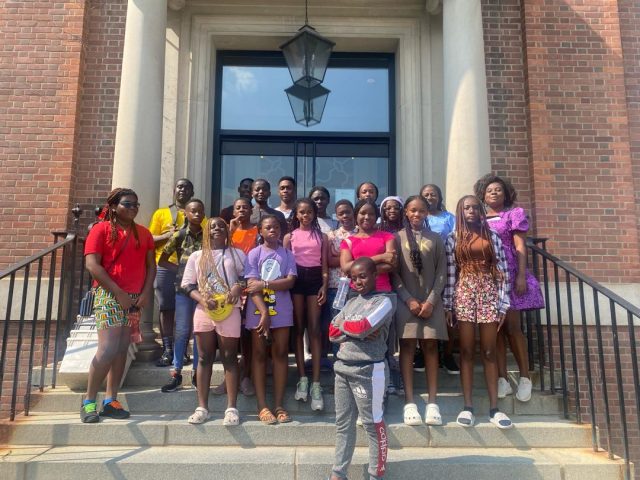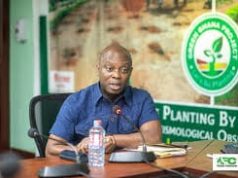Thirty schoolchildren are to embark on a Summer Camp Programme in Toronto, Canada, this year as part of an educational initiative.
The number of children, between the ages of eight and 16, represents an increase of 11 from last year’s figure of 19.
Last year, 19 children, drawn from primary, junior high and senior high schools in the country, went on the trip facilitated by the Institute of Executive Studies (IES).
The programmes for the summer camp include debate and public speaking, English enrichment, financial literacy, robotics, coding, gaming, leadership programmes, computer programming and theatre arts.
There are sporting activities such as hockey, soccer, golf, baseball and basketball.
Side attractions include cultural excursions to local landmarks in and around Toronto.
They would visit popular tourist sites such as the Royal Ontario Museum, CN Tower, Ripley’s Aquarium, Niagara Falls and Centre Island.
Programmes
Briefing the media on this year’s summer camp, the Director of International Programmes and Internal Operations of IES, Deborah Gamey, said her firm also specialised in organising international programmes for corporate organisations and students.
“We also understand the importance of providing our clients with unique and valuable experiences that offer personal growth, cultural immersion and professional development.
Over the years, we have been organising international programmes for the past 12 years.
“We also thought it wise to add the children to international travels.
Last year, we got the chance to send 19 students (13 girls, six boys) to Canada for a summer camp,” he said, adding that “it was not just fun. They also went there to learn”.
Mrs Gamey said the IES believed that this year’s event would give the children new skills that will help them create long-lasting psychological impact for their development.
She said in the case of robotics, IES wanted the children to learn how to design robots and learn new IT techniques that were coming up.
On debate and public speaking, she said it was to equip the children with the requisite skills in speaking since some might decide to go into politics and would need them to communicate effectively with people.
Visual arts
For visual arts, Mrs Gamey said it was to give the children hands-on skills, adding that all of the programmes were to ensure the holistic development of the children, who are the future leaders.
A child, she said, was required to pick at least two of the programmes and one sporting activity.
“By the end of the three weeks, you would have gone through everything,” she said.
She said Canada was selected because the IES wanted to give them international exposure to meet new people, share ideas and network with people from other parts of the world, as well as a cultural experience.
“We chose Canada because of its rich cultural diversity.
The country is also peaceful, their people are nice and welcoming and they love children,” she said.
Next year, she said the initiative would be expanded to cover other countries for the children to have cultural experiences in those places.
She named the countries as Switzerland, France and Ireland/UK.

















